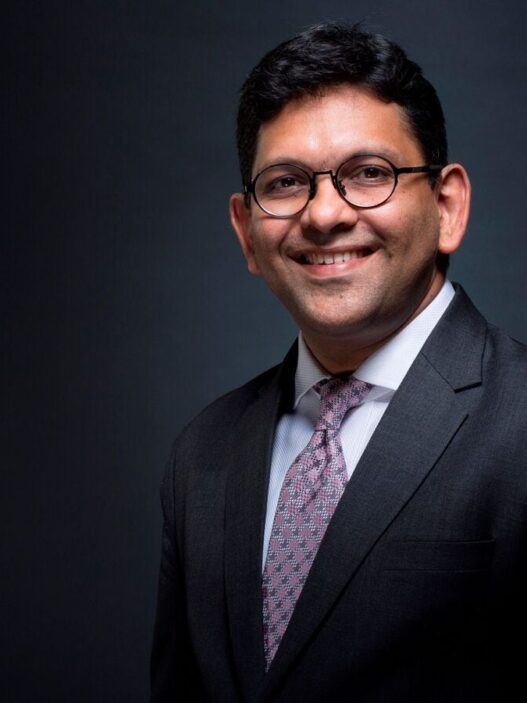With these numbers, India stands at the precipice of its largest intergenerational wealth transfer. Over the coming decades, trillions of rupees will shift hands as family businesses, assets, and investments transition from the first-generation wealth creators to their heirs.
Yet, despite this seismic economic shift, most wealthy Indian families remain woefully unprepared. The absence of structured estate plans, formalized succession strategies, and governance frameworks exposes this wealth to the all-too-familiar pitfalls of erosion, legal disputes, and fragmentation.
A study of global wealth transfers reveals a sobering statistic: 70% of family wealth is lost by the second generation and a staggering 90% by the third. Reasons include the lack of financial education and preparedness, poor investment and business decisions, estate taxes, and legal issues, among other things. Can India buck this trend, or are we headed toward a wealth-erosion crisis?
Succession planning
For family-run businesses, the traditional approach to succession—verbal assurances, informal arrangements, and reliance on goodwill—no longer suffices. As businesses become complex, so do the risks associated with leadership transitions. Unclear succession plans often result in bitter disputes, operational instability, and even business failure.
Structured governance models, well-defined roles for successors, and legal documentation are crucial to ensuring continuity. The next generation must not only inherit wealth but also the stewardship required to sustain and grow it.
The reluctance to discuss inheritance openly has led to surprises in most families in the past, and the trend continues. Without a legally sound will, families often find themselves entangled in prolonged legal battles, sometimes spanning generations. trusts, on the other hand, offer a more sophisticated tool for wealth preservation. By strategically placing assets in well-structured trusts, families can ensure efficient distribution and protect their wealth from unforeseen claims.
Wealth transfer today is not just about preserving assets but about purposeful allocation. Increasingly, Indian families are moving beyond traditional charitable giving to structured philanthropy through private foundations and dedicated trust structures.
In addition, there has been a significant increase in interest in impact investing and ESG (environmental, social, and governance) initiatives. This shift signals a recognition that legacy is not only measured in financial terms but also in the societal impact created.
Today, almost no ultra-net-worth Indian family is exclusively Indian—most have one leg or another in the US or Europe, frequently because the wealth is generated abroad or because the family’s next generation, the inheritors, reside abroad. Almost always, there is a cross-border component.
With growing global mobility, many wealthy Indian families manage assets across multiple jurisdictions. This adds complexity to estate planning, as international taxation laws, cross-border inheritance regulations, and foreign exchange compliance must be carefully considered. Without meticulous planning, families risk hefty tax burdens and potential legal entanglements. The need for specialized advisors has never been more critical.
Gender diversity
A quiet but profound transformation is underway—more women in India are inheriting and managing wealth than ever before. As more daughters take charge of family businesses and financial legacies, their influence on wealth sustainability is becoming increasingly significant. Women-led wealth management is often characterized by a long-term, impact-driven approach, with a stronger focus on governance and philanthropy.
Passive custodians or active builders?
Remarks of industry leaders like Uday Kotak and Harsh Goenka raise critical concerns about the next generation of wealth inheritors in India. They observe that many heirs are becoming passive custodians—managing family wealth and family offices—rather than channelling their youth into building new, innovative businesses and generating employment.
Will the inheritors build upon the legacy with vision and discipline, or will rapid shifts in values, aspirations, and global influences result in a dilution of hard-earned fortunes?
The great Indian wealth transfer is more than a financial transition; it is a test of legacy, vision, and enterprise. Will the inheritors rise as creators, or will they merely conserve what was built before them?
True wealth isn’t just about preservation, it’s about progress. True wealth isn’t just about what is passed down but about what is built forward.
India’s wealth transfer moment is here. The question remains: Are we prepared? This transition presents an unparalleled opportunity to create lasting legacies for those who engage in proactive estate planning, structured philanthropy, and informed financial strategies.
The next generation has a choice: to sustain, grow, and direct this wealth with foresight or to let it fragment under the weight of unpreparedness. How India’s wealth holders respond today will shape the financial future of generations to come.
Views are personal.
Sreepriya N.S. is a co-founder and director at Entrust Family Office.












